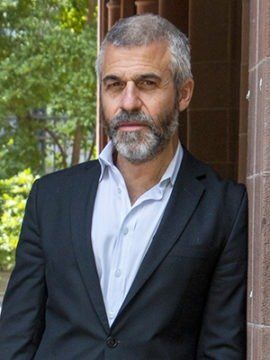 Jonathan Kramnick in Critical Inquiry:
Jonathan Kramnick in Critical Inquiry:
Does literary criticism tell truths about the world? This is a question scholars of literature don’t often ask, or don’t often ask directly, but it gets to the heart of how work in the discipline is done and why the discipline exists in the first place. One way to answer the question is to examine whether criticism attempts to make true statements about literary texts and, if so, by what means its statements are judged as true or false. How do we encounter and interact with our objects of study? Where does our writing begin and the writing we’re writing about end? How are consensus judgments about the validity or perspicuity or elegance of a reading made? Another way to come at this question is to examine whether criticism is capable in some fashion of telling truths about the world itself, not just the small piece of it called literature. Does criticism about ecology or consciousness, to take examples from my own work (and feel free to insert your own), tell some truth about ecology or consciousness themselves? I think we’d all like to believe that it does, but how? Both lines of inquiry take aim at method and therefore at epistemology. They ask how critical practice—writing about writing—purports to convey knowledge, whether that is knowledge about literature or knowledge about the world in which literature is one part. This essay is a preliminary effort to consider these two sides of the relation between criticism and truth.
More here.
